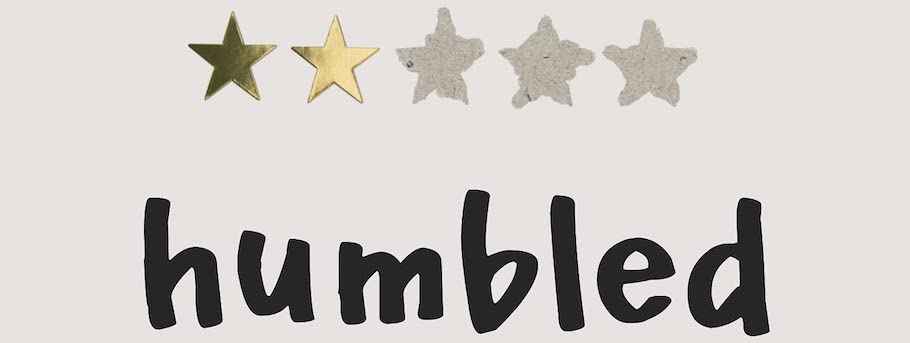Of all the pursuits that come with the Christian life, is any more constant, any more consuming, and any more difficult than the pursuit of humility? Surely nothing cuts harder against the grain of our natural, sinful humanity than to be humble before God and humble before our fellow man.
Yet God calls us to display humility. He warns that he opposes the proud but gives grace to the humble. So how do we become humble? Or, to say it another way, how do we humble ourselves? Just tell me what to do and I’ll do it! Give me a course I can take, a list I can check off, a procedure I can follow, and I’ll keep at it until I’m properly humble! But as David Mathis points out in his new book Humbled: Welcoming the Uncomfortable Work of God, such an attitude is all wrong because it elevates us too much. “In contrast to this attitude, the humble-self theme in Scripture turns our human instincts and assumptions upside down. Yes, this is indeed a biblical directive. And at the same time, it’s not something we can just up and do. We cannot humble ourselves by our own bootstraps.” There is no simple plan to follow, no course to take, no step-by-step procedure. That’s because …
… we humans are not the drivers of our own humility. Our God designs the humbling way in which he forges the virtue of humility. He takes the initiative. He acts first. Our humility happens on his terms. He sees. He knows. He moves, with sovereign, omnipotent, meticulous care. He is intimately engaged with his created world and with each of his creatures. He is the one who humbles us with his mighty hand, and when his humbling hand descends and we’re cut to our knees or flat on the ground, then the question comes to us: Will you humble yourself and embrace God’s humbling hand, or will you try to fight back?
Will you receive his humbling providences, or attempt to explain them away?
Will you soften to him in humility, or harden with pride?
True self-humbling is not our initiative, but it does require our doing as we learn to welcome the uncomfortable work of God.
That uncomfortable work, and our response to it, is the theme of Mathis’s book. In its eight brief chapters he offers a study of the Bible’s humble-self language. Specifically, he follows the lead of the “humble-self” texts “for what we might discover not as much about humility in general, though that’s not unimportant, but specifically (and practically) about what it means to pursue humility, and especially to humble-self, when God is the one who initiates our humbling, not us.”
So he asks first “How do I humble myself?” and explains how God humbles us through our response to his Word and his work. He shows the importance of providence, Scripture, prayer, fasting, and local church fellowship in God’s working out of our humility. He explains how we can think less of ourselves and think of ourselves less. He shows how most ultimately, humility is the means through which we admit to ourselves, to others, and to God himself, “I am not God.” In that way, it is “a posture of soul and body and life that acknowledges and welcomes the godness of God and the humanness of self.”
All-in-all, Humbled is as helpful a book as you’ll find on the essential but oh-so-difficult task of becoming humble—of responding appropriately to God’s pursuit of our humility. I highly recommend it.









